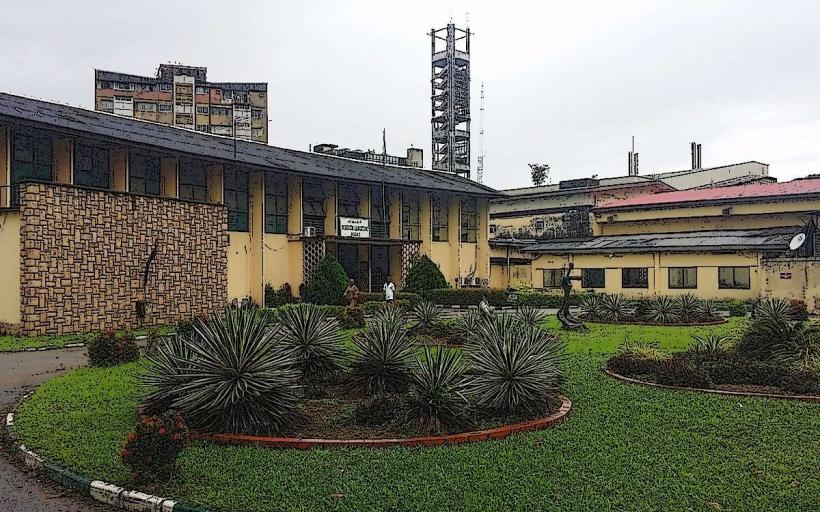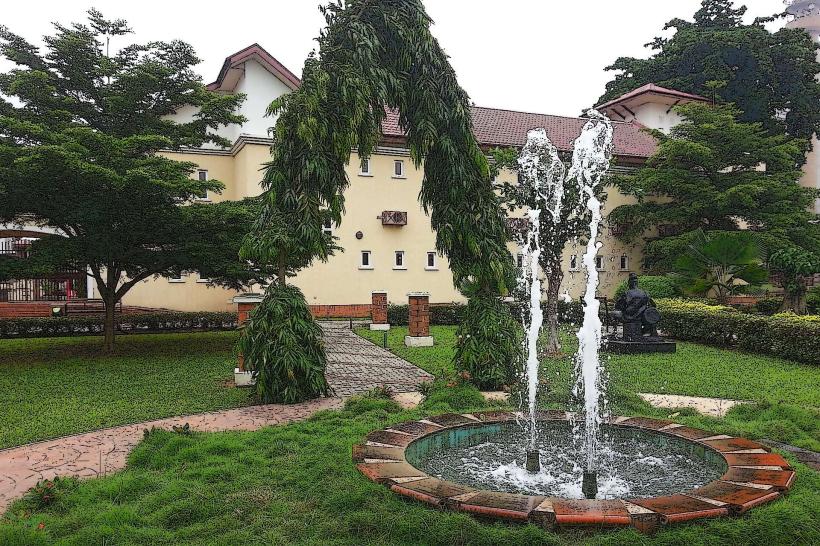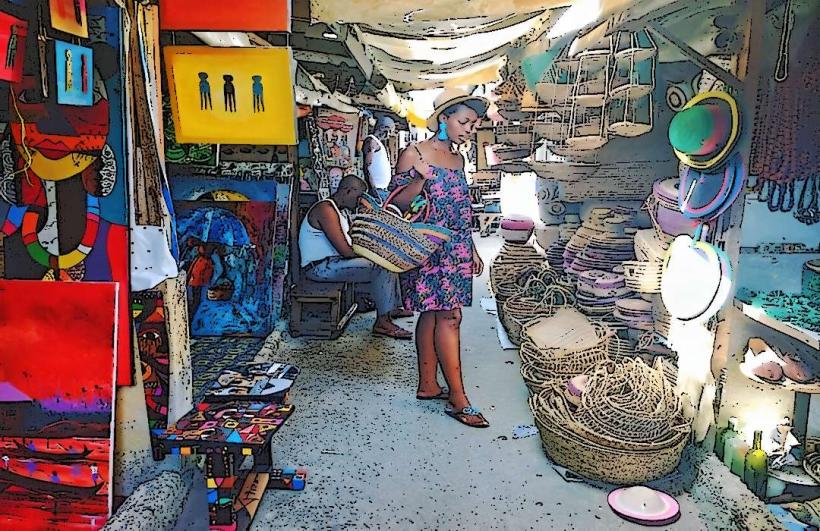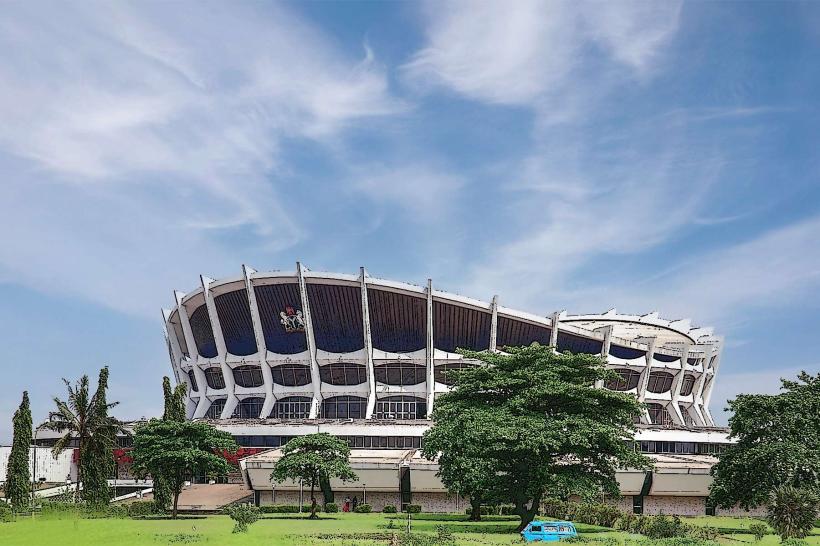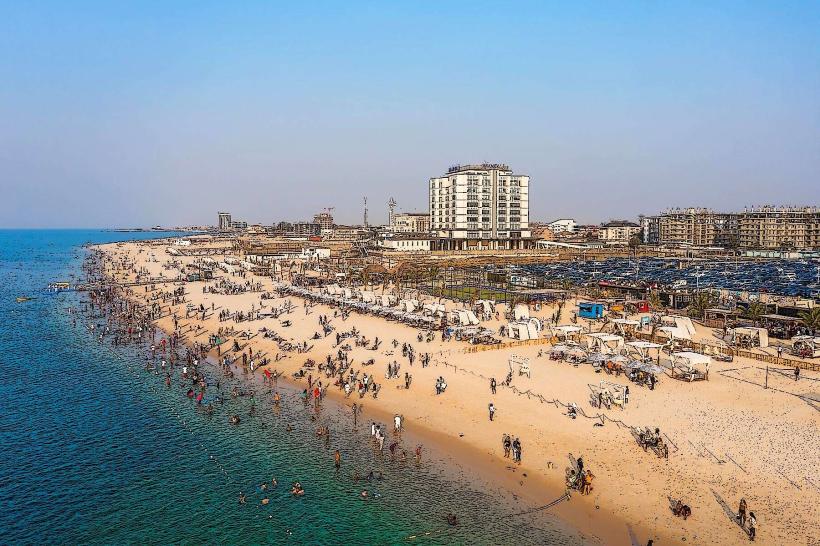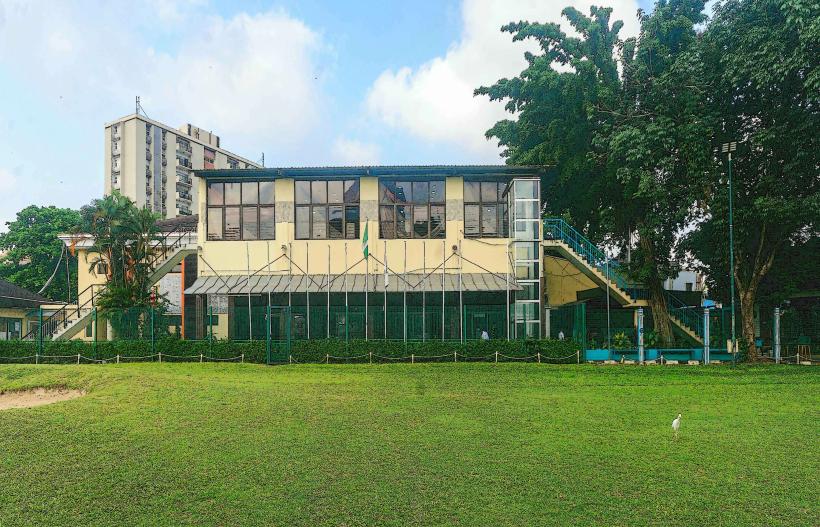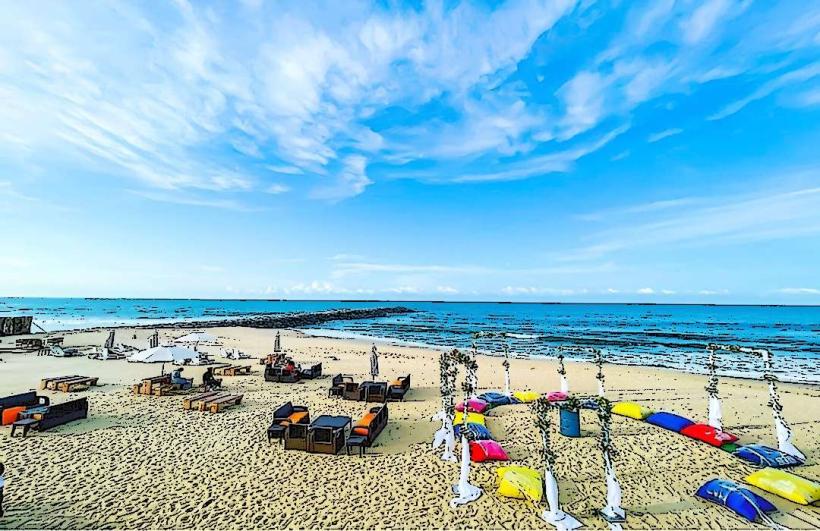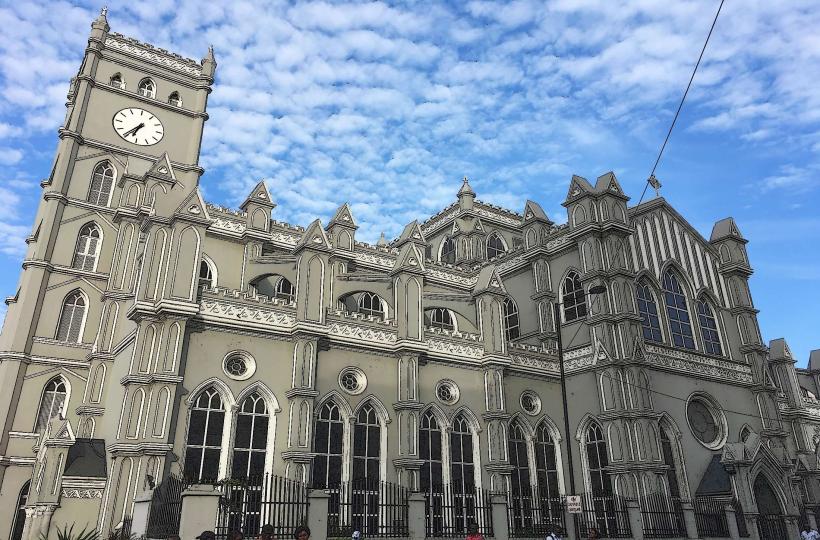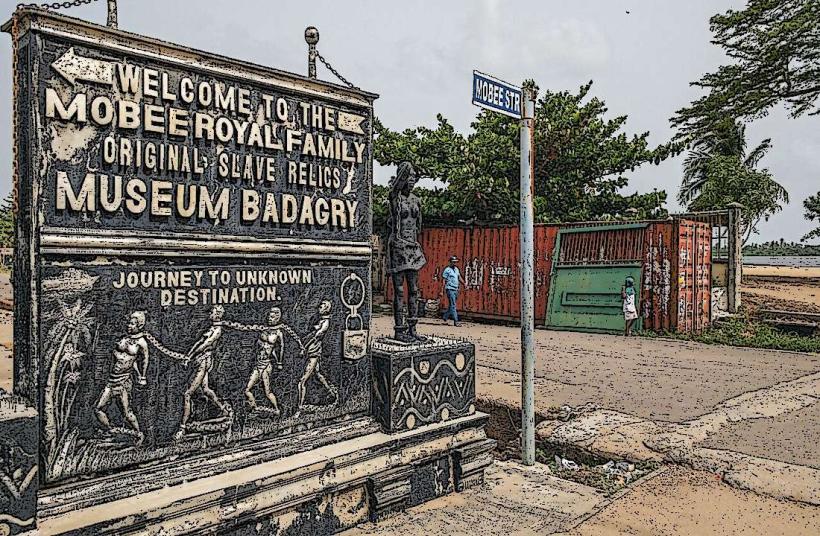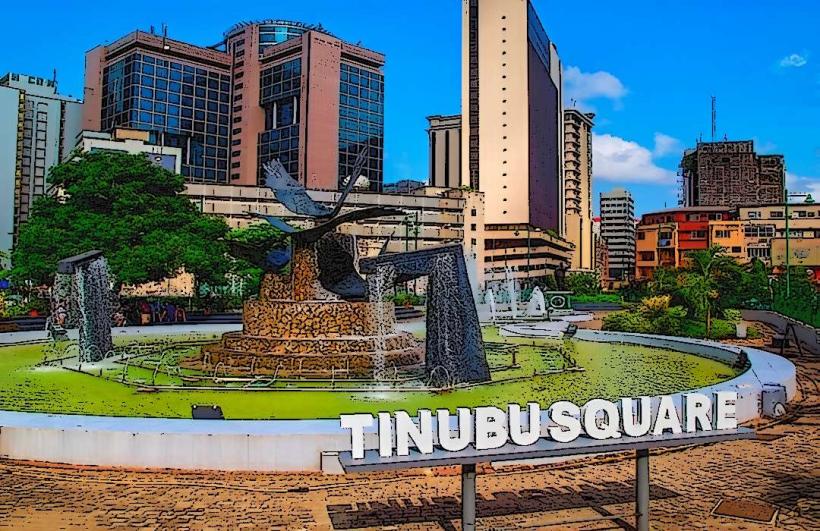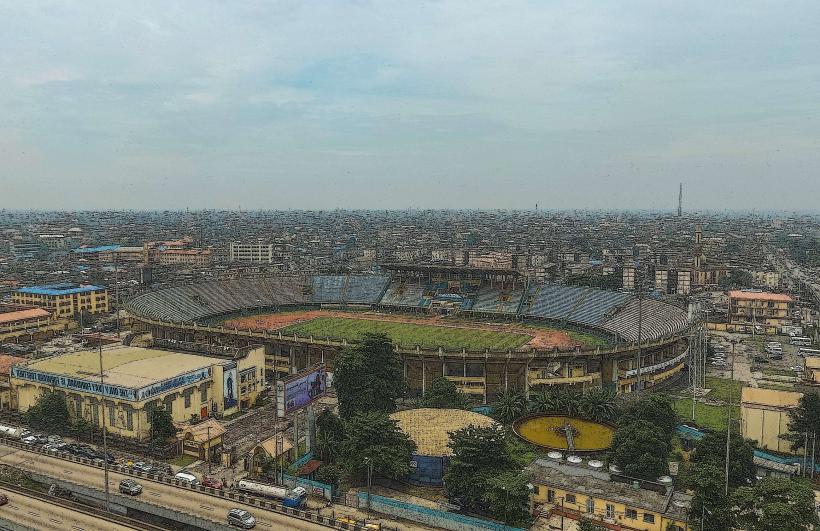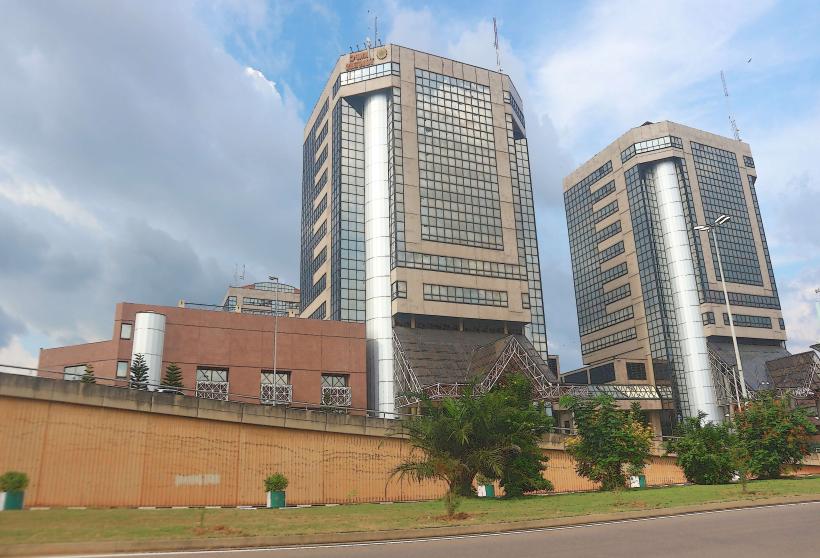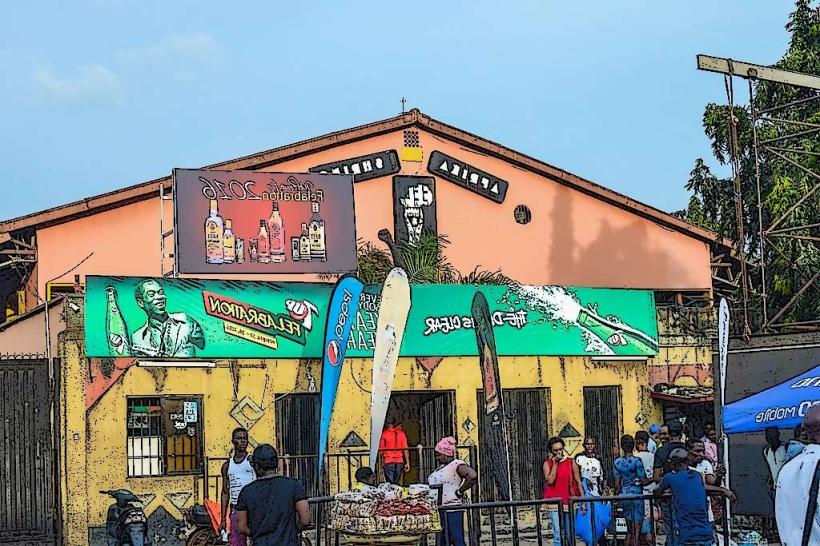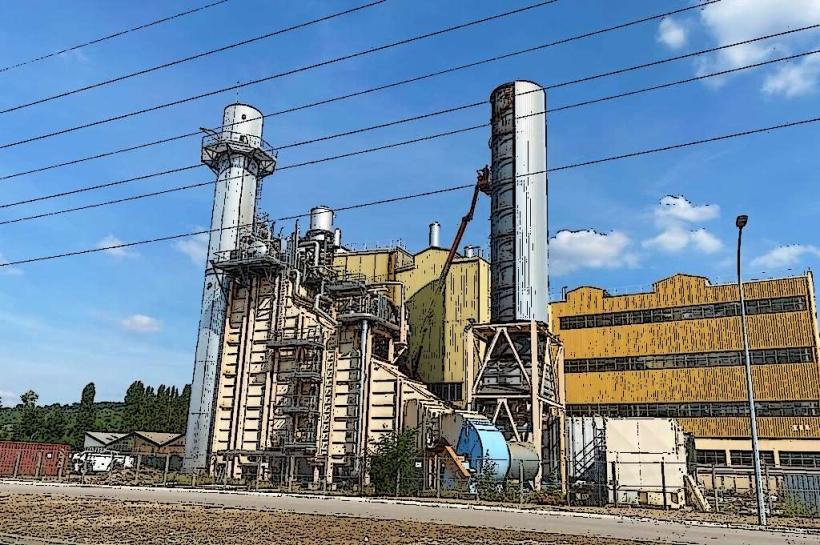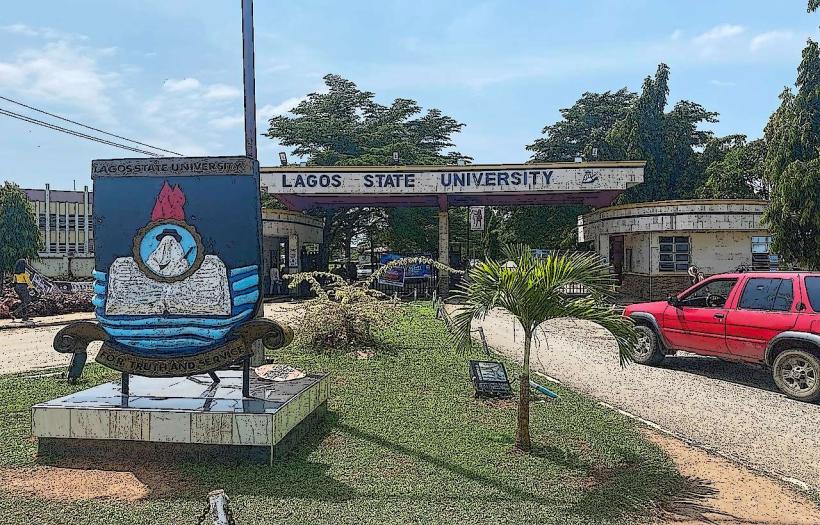Information
Landmark: Oyingbo MarketCity: Lagos
Country: Nigeria
Continent: Africa
Oyingbo Market, Lagos, Nigeria, Africa
Oyingbo Market is one of the largest and oldest traditional markets in Lagos, Nigeria. It has a long history, rooted in the colonial and post-colonial periods, and serves as a major trading hub for foodstuff and household items.
Location:
Situated in Ebute Metta, along Oyingbo Road, the market is strategically located near the Lagos Mainland.
It has proximity to major transportation hubs including rail and bus terminals, making it easily accessible from various parts of Lagos.
History:
Established in the 1920s, originally as a depot for agricultural goods.
In the 1930s, the government relocated traders from Apapa Road to Oyingbo, formalizing the market's status as a commercial center.
Over the decades, it became a central marketplace for wholesalers, especially those dealing in agricultural produce from Northern Nigeria.
Demolition and Reconstruction:
In 1991, the Lagos State government demolished the original market with plans to rebuild it into a modern shopping facility.
Reconstruction was delayed for over two decades due to administrative and funding issues.
The modern Oyingbo Market complex was finally commissioned in 2015 under Governor Babatunde Fashola.
Features of the New Market Complex:
4-storey structure
622 open stalls
102 lock-up shops
48 open-plan office spaces
150-car capacity parking lot
134 toilets for both genders
6 gates for entry and exit, improving crowd and traffic control
Designed with fire safety systems, water supply infrastructure, and waste management provisions
Types of Goods Sold:
Oyingbo Market is especially famous for its foodstuff:
Fresh vegetables (ugwu, spinach, scent leaves)
Tomatoes, peppers, onions
Tubers (yams, cassava)
Garri (white and yellow)
Rice and beans (local and imported varieties)
Dried fish, stockfish, crayfish
Palm oil and groundnut oil
Fresh and frozen meat and fish
Spices and local condiments (iru, ogiri)
In addition to food items, traders also sell:
Household utensils and cleaning supplies
Basic clothing and fabric
Kitchenware and electronics (mostly on the outskirts)
Market Culture:
Highly energetic and bustling atmosphere
Traders often work in family units or cooperatives
Bargaining is common; prices are negotiable
Market opens early in the morning (around 5:00 AM) and closes around 7:00 PM
Open seven days a week, with Saturdays being the busiest
Importance:
Acts as a distribution center for traders from other markets across Lagos and even from neighboring states.
Provides employment for thousands of people - from stall owners to porters and transporters.
Significant contributor to food supply chains in Lagos.
Despite being modernized, Oyingbo still retains the lively and organic feel of a traditional African marketplace, making it a key cultural and economic landmark in Lagos.

